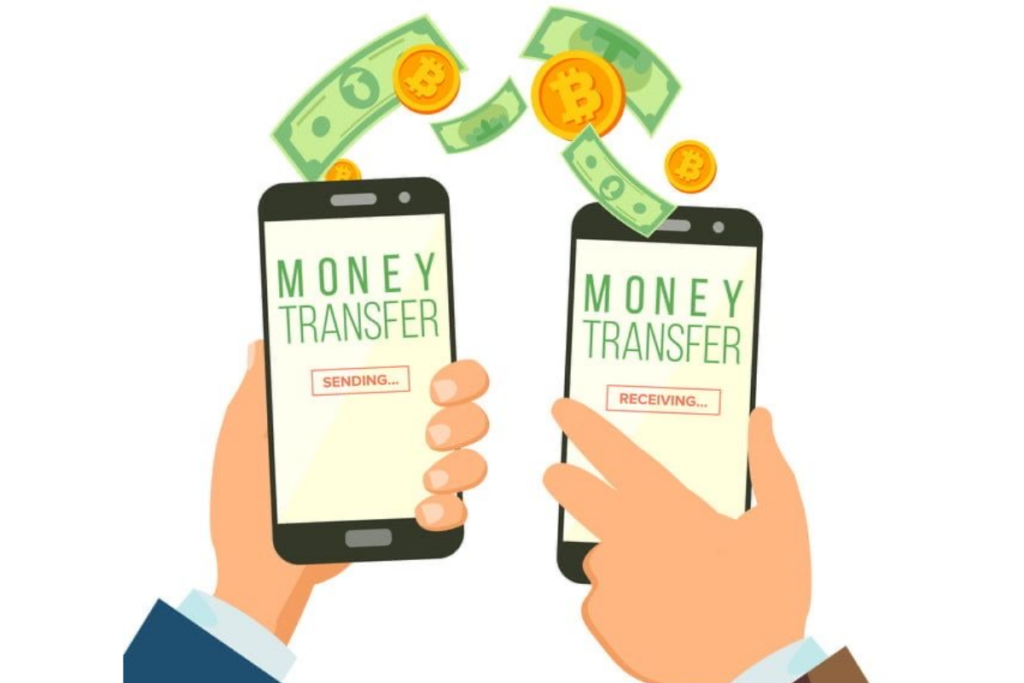Various popular crowdfunding platforms are used as tools for raising money. Some of these platforms are GoFundMe and Kickstarter. It’s one thing to raise money for those who need it, and it’s another thing to receive these funds. However, the question is, do you know the tax consequences of these campaigns?
Tax Consequences of GoFundMe Campaigns
It is essential to know the tax consequences of fundraising campaigns. If you are at the receiving end of a GoFundMe campaign, you naturally won’t owe taxes on the money you receive. As long as you follow specific rules laid down by the IRS.

Source: Freepik/Pinterest
On the other end, if you donate to a campaign, you may not qualify for a tax deduction.
How Does Charitable Deduction Work?
To know if your GoFundMe contribution is taxable, you need to understand how charitable deduction works.

Source: PNGFreepic/Pinterest
If you itemize your tax return, you may be able to deduct some charitable contributions. Since a tax deduction reduces your taxable income, you will definitely owe less to the Internal Revenue Service (IRS). In order for you to understand “itemizing”, there is something you need to do.
What You Need To Do
First of all, you need to make sure the addition of all your deductions is more than the standard deduction. The standard deduction is the amount that any taxpayer can deduct regardless of their actual expenses.

Source: CentSai/Pinterest
Your deductions may include things like unreimbursed medical bills, the interest on your mortgage payments, etc.
Standard Deduction or Itemizing
In the 2023 tax year, the standard deduction for married people filing a joint return is $27,700, while for single filers, it is $13,850.
For the tax year in 2024, these amounts will increase to $14,600 and $29,200, respectively.

Source: MoneyTalksNews/Pinterest
About 90% of taxpayers choose the standard deduction over itemizing. This means there won’t be deductions in charitable contributions.
Maximizing Tax Savings
On the other hand, if you itemize, you can deduct charitable contributions of about 60% of your adjusted gross income. However, in some situations, there might be a limit. There could be a 20%, 30%, or 50% limit.

Source: Fiverrmarketplaceservices/Pinterest
You could choose to take the standard deduction offered by the IRS (Internal Revenue Service), or you could claim itemized deductions to increase tax savings.
Types of Crowdfunding Campaigns
Some of these crowdfunding platforms have two types of fundraising campaigns. They are personal or charity fundraising campaigns. In most cases, only the donations made to charitable fundraisers are eligible for tax deductions.

Source: ThePennyHoarder/Pinterest
The most common types of fundraising campaigns, whether on crowdfunding platforms or social media, are usually personal fundraisers. Common examples are campaigns that are set up for people in need of expensive medical care, people who need to replace their homes, etc.
Tax-deductible or Not?
The contributions made to these types of fundraisers are considered personal gifts, therefore, they are not assured to be tax-deductible charitable donations. The individuals or organisations donating won’t receive a tax receipt either.

Source: FleaMarketFlipper/Pinterest
In another case, if contributions are made to a certified charity fundraiser, the crowdfunding platform GoFundMe, for example, will make sure your donations will be tax-deductible. You will automatically get a tax receipt from the crowdfunding platform’s registered charity partner.
Other Options
If the platform is GoFundMe, you will receive a tax receipt from their registered charity partner, PayPal Giving Fund. There is also the option of making tax-deductible donations via GoFundMe Causes. This allows you to donate to tax-exempt organizations and verified fundraisers in support of themes like education, climate change, or animal rescue.

Source: Entrepreneurmedia/Pinterest
You can always check the fundraiser page to know if you are donating to a person or charitable campaign before making donations.
Gift Taxes
When applied, gift taxes are usually paid by the donor instead of the recipient. Although the donations made to personal GoFundMe campaigns are considered gifts, as a donor, you don’t have to pay federal tax on those GoFundMe gifts.

Source: Pngtree/Pinterest
This is because there is an annual gift exclusion. This means you can make gifts to an unlimited number of people annually without being taxed. In 2024, the annual gift exclusion is $18,000.
Annual Gift Taxes
However, even if you give more than $18,000 to a personal GoFundMe fundraiser in 2024, there is a high chance that you won’t be taxed. You only have to make it known to the Internal Revenue Service by filling out a gift tax return.

Source: Anna/Pinterest
As a donor, to owe gift taxes, you would have to give a total lifetime of personal gifts that would be equal to or more than the lifetime exclusion amount. In 2024, this lifetime exclusion amount is $13.61 million.
Will Your GoFundMe Campaign Be Taxed?
If you set up a GoFundMe campaign on someone else’s behalf, the money you raise would not be taxable as long as you give the funds to the beneficiary. Even if you are the beneficiary, you probably won’t get a tax bill either. This is because it will be treated like personal gifts, and personal gifts are not usually taxable.

Source: BusinessWindo/Pinterest
However, there are some exceptions. The money you raise through GoFundMe could be treated as taxable income for some reason.
Taxable Business Income
If your donors get something of value for giving you money, the money could be taxable. For example, if you are raising money for an upcoming business and you reward contributors with something of value, you’ll probably need to report the proceeds as a business income.

Source: RajatTripathi/Pinterest
If, as a beneficiary, you get more than $600 from a crowdfunding campaign, the platform may send you an IRS form. This form is often used to report income from a third-party payment app, online markets, and even debit, credit or gift cards.
As a Beneficiary
Getting the IRS form from any crowdfunding site does not necessarily mean you owe taxes, but you still have to report the income when you file your taxes.

Source: Dandehek/Pinterest
If you’re a beneficiary of a crowdfunding campaign, you should consult with a tax professional before filing your return. This will help you make sure you keep the right tax documents and records and also help you follow the rules to avoid an unexpected tax bill.
As a Donor
If you are a donor, you should seek advice from a professional. If you’re taking a standard deduction and you contributed $50 or less to a GoFundMe campaign, you might be advised to use a tax filing software so that your donation won’t affect your taxes.

Source: ThinkAdvisor/Pinterest
A professional can also enlighten you on the proper steps to take to avoid tax consequences.

